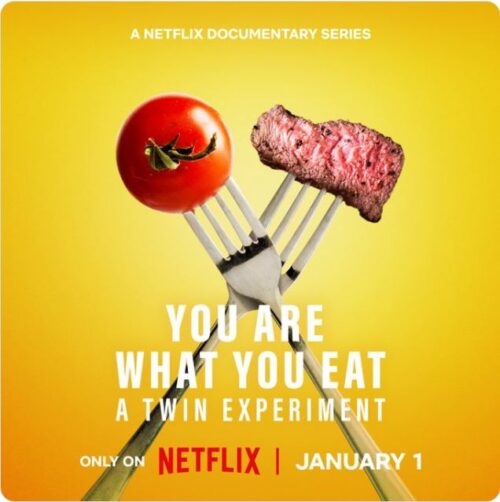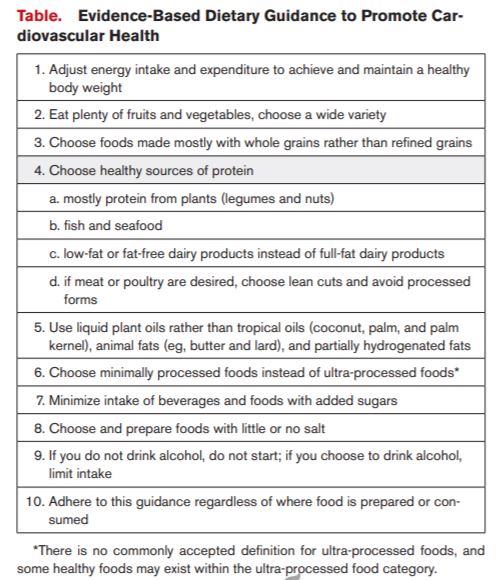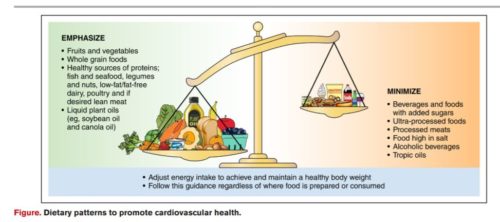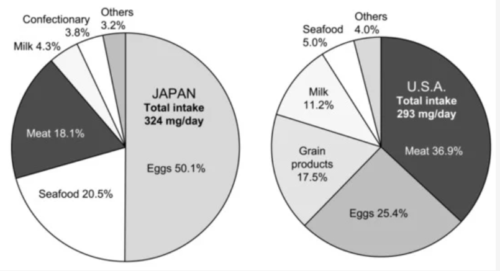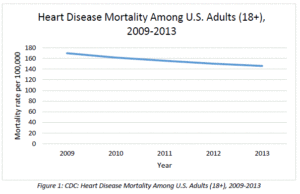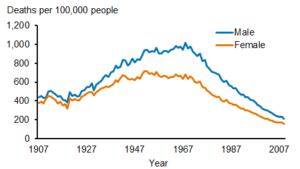I love getting notes like this one from a reader:
Why aren’t you saying anything about the PURE study. Doesn’t it prove that everything you’ve been saying about eating more fruits and vegetables and about saturated fat is wrong, wrong, wrong. Admit it.
Not this time. Whenever I hear the claim that “everything you thought about nutrition is wrong,” I know that skepticism is in order. Science rarely works that way; it usually progresses incrementally.
What the PURE study is about: The PURE (Prospective Urban Rural Epidemiology) study was designed to examine, among other things, the effects of lifestyle behaviors on the health of about 135,000 people in 18 countries over up to 10 years. Its results have just been published in Lancet journals.
What the headlines say: “Study challenges conventional wisdom on fats, fruits and vegetables.”
What the studies say: Three papers report results:
1, Fruit, vegetable, and legumes vs. cardiovascular disease and death
Higher fruit, vegetable, and legume consumption was associated with a lower risk of non-cardiovascular, and total mortality. Benefits appear to be maximum for both non-cardiovascular mortality and total mortality at three to four servings per day (equivalent to 375–500 g/day).
2. Fat and carbohydrate vs. cardiovascular disease and death
High carbohydrate intake was associated with higher risk of total mortality, whereas total fat and individual types of fat were related to lower total mortality. Total fat and types of fat were not associated with cardiovascular disease, myocardial infarction, or cardiovascular disease mortality, whereas saturated fat had an inverse association with stroke. Global dietary guidelines should be reconsidered in light of these findings. [Note: the data do not distinguish types of carbohydrate.]
3. Association of nutrients with blood lipids and blood pressure
Our data are at odds with current recommendations to reduce total fat and saturated fats. Reducing saturated fatty acid intake and replacing it with carbohydrate has an adverse effect on blood lipids. Substituting saturated fatty acids with unsaturated fats might improve some risk markers, but might worsen others.
Why the need for skepticism:
I like the way James Hamblin explains the problem in The Atlantic:
The practically important findings were that the healthiest people in the world had diets that are full of fruits, beans, seeds, vegetables, and whole grains, and low in refined carbohydrates and sugar.
As a writer and a reader, though, this is very boring. If I pitched that to my editor, he would laugh at me. What is new here? Why is this interesting? You know what would be novel? You getting fired! Now get out there and find me a story, dammit!
Why did they do this study?
I looked immediately to see who paid for it. The list of funders is very long (it must have been extremely expensive). The list begins:
The PURE Study is an investigator initiated study funded by the Population Health Research Institute, the Canadian Institutes of Health Research (CIHR), Heart and Stroke Foundation of Ontario, support from CIHR’s Strategy for Patient Oriented Research (SPOR) through the Ontario SPOR Support Unit, as well as the Ontario Ministry of Health and LongTerm Care and through unrestricted grants from several pharmaceutical companies, with major contributions from AstraZeneca (Canada), SanofiAventis (France and Canada), Boehringer Ingelheim (Germany and Canada), Servier, and GlaxoSmithkline, and additional contributions from Novartis and King Pharma and from various national or local organisations in participating countries [the funders that follow are mainly government and private research bodies along with a sugar trade association and more drug companies—the list takes up more than half a column].
Drug companies have a big interest in this topic, especially if dietary approaches to heart disease prevention aren’t proven.
What the PURE study really tells us: For this, I am going to quote from David Katz’s lengthy analysis:
On the basis of all of the details in these published papers, the conclusion, and attendant headlines, might have been: “very poor people with barely anything to eat get sick and die more often than affluent people with access to both ample diets, and hospitals.” One certainly understands why the media did NOT choose that! It is, however, true- and entirely consistent with the data.
Also, by way of reminder: the HIGHEST levels of both total fat, and saturated fat intake observed in the PURE data were still LOWER then prevailing levels in the U.S. and much of Europe, providing no basis whatsoever for headlines encouraging people already exceeding these levels to add yet more meat, butter, and cheese to their diets. Absolutely none.
My translation: This study confirms that the single most important risk factor for poor health is poverty. The study results are consistent with the idea that largely plant-based diets are good for health. No single study can settle the fat vs. carbohydrate debate because people eat complicated combinations of foods and diets containing those nutrients. What we really need are well designed studies of dietary patterns—the ones done to date suggest that largely plant-based diets are associated with excellent health and longevity.


